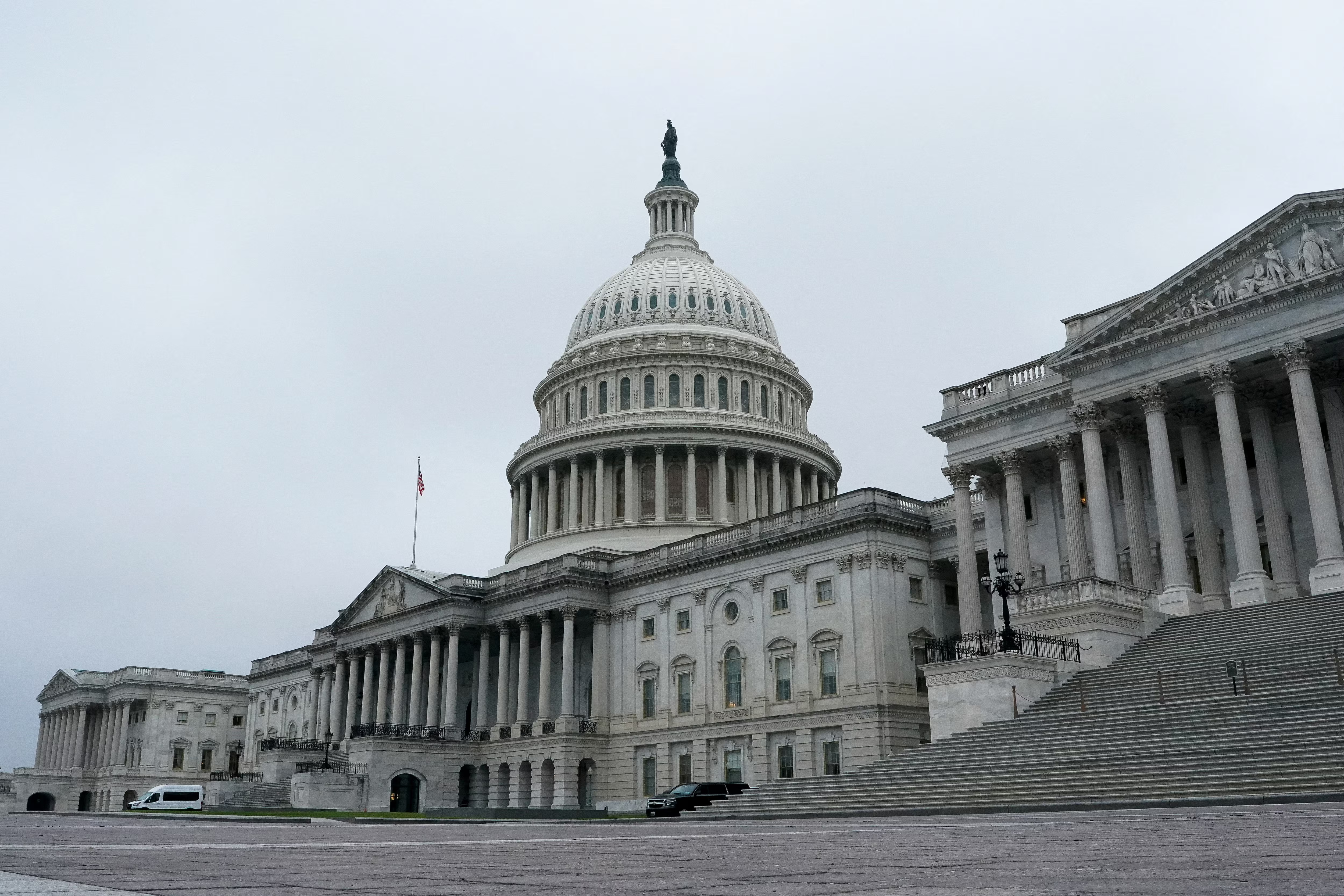The recent maneuvering of Alaskan Senator Lisa Murkowski reveals the precarious balance of power and ethics in our current political landscape. Her decisive vote for Donald Trump"s "One Big Beautiful Bill"—a $887 billion package filled with tax cuts and spending reductions—has sent shockwaves through both parties, highlighting the desperation of a politician caught in a moral quandary.
Murkowski’s Dilemma Unveiled
Initially, Murkowski"s vote was labeled as "agonizing" by the Senator herself, illustrating the internal conflict between party loyalty and the well-being of her constituents. As reported by AP News, she had to weigh the immediate benefits for Alaska against the broader implications for the country. With a mere one-vote margin, the Senate passed the bill, necessitating Vice President JD Vance’s tie-breaking vote after three Republicans sided with all Democrats to oppose it.
Alaska First: The Price of Political Compromise
Despite her initial reservations about deep cuts to Medicaid and the Supplemental Nutrition Assistance Program (SNAP), Murkowski ultimately leveraged her position to secure special provisions for her state, including significant tax breaks for Alaska fisheries and whalers, and new oil and gas lease sales. This brazen self-interest raises serious ethical questions about the motivations behind her vote. As reported by The New York Times, Murkowski"s amendments may have benefited Alaska in the short term, but the long-term impact on vulnerable populations across the nation is far from negligible.

Morning Bid: Senate"s vote-a-rama continues | Reuters
The $50 Billion Band-Aid on a Gaping Wound
While Murkowski touted the $50 billion fund aimed at helping rural hospitals that might be adversely affected by Medicaid cuts, this is akin to applying a band-aid on a gaping wound. This temporary fix does little to address the underlying problems of systemic inequity in healthcare access. The bill, which effectively undermines Medicaid"s capacity to support low-income families, particularly in states with high poverty rates, is deeply troubling. According to The Washington Post, the ramifications of such cuts will disproportionately harm marginalized communities already facing barriers to adequate healthcare.
A Cautionary Tale for Moderates
Murkowski’s decision underscores the precarious nature of moderate politics in an increasingly polarized environment. Her ability to extract concessions for Alaska—while simultaneously supporting a bill that is "not good enough for the rest of our nation"—is a reflection of the moral compromises that politicians are willing to make in the name of political survival. The notion that a Senator can justify voting for detrimental policies by claiming to have improved them for her state exemplifies a troubling trend in governance, where the needs of the few are prioritized over the many.

Trump"s big bill passes Senate; House battle is next
The Wider Implications for Democratic Governance
The passage of Trump"s bill, despite its numerous flaws, raises critical questions about the future of democratic governance in America. With essential programs like Medicaid under siege, the very fabric of social safety nets is at risk. The implications are dire: a further erosion of public trust in government, and the perpetuation of systemic inequality that affects millions of Americans. As Murkowski herself stated, "This has been an awful process—a frantic rush to meet an artificial deadline that has tested every limit of this institution," indicating a broader issue of accountability within Congress. The specter of such legislation looms large, and it is imperative that voters hold their representatives accountable for the decisions they make in these high-stakes moments.



![[Video] Gunfire between Iraqi security forces and Sadr militias in Baghdad](/_next/image?url=%2Fapi%2Fimage%2Fthumbnails%2Fthumbnail-1768343508874-4redb-thumbnail.jpg&w=3840&q=75)
